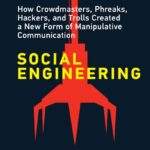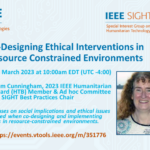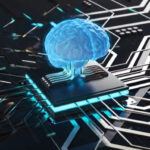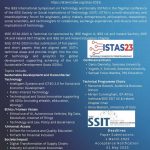We would act wisely if we turn to alternative ways of thinking, other wisdom traditions, and learn from them. Ubuntu philosophy can help to draw attention to social issues, for example, the horrors of colonialism, exclusion, and oppression, and to find ways to promote social justice. Aboriginal wisdom can help to apply diverse ways of knowing, for example, knowledge that is related to place, to kinship, to stories, to patterns—not only knowledge in books. The Indigenous cultures and wisdom of the Americas can teach us how to organize economic and political systems more sustainably and to develop more caring relationships with nature. And Confucian culture and wisdom can help to design and apply technologies in ways that support us as relational and developmental beings.


























 JOIN SSIT
JOIN SSIT